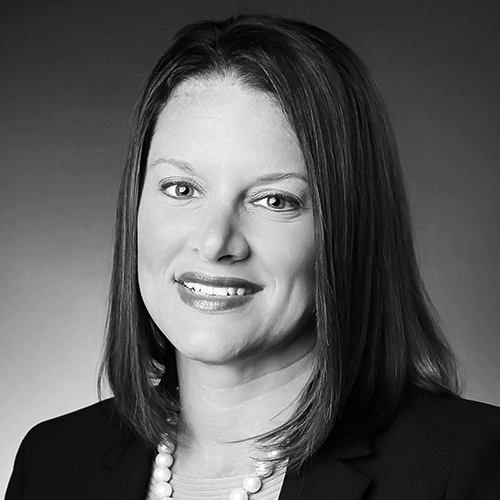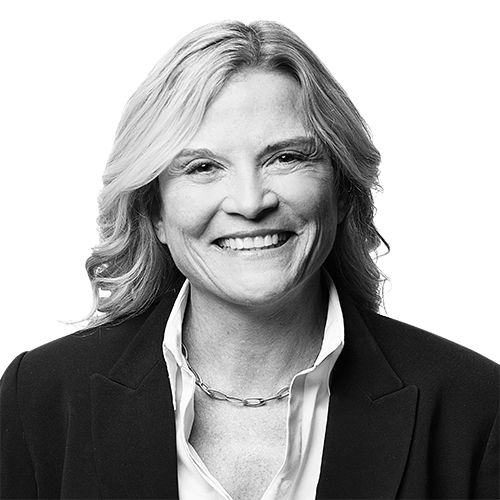In 2014, a trade association tried to block Total Wine & More from opening stores in Minnesota. At the time, the chain had 102 locations with 8,000 wines, 3,000 spirits, and 2,500 beers on display. Co-owner Robert Trone called the issues in Minnesota “the biggest hurdle we’ve had in all fifteen states.”
Total Wine currently operates five stores in Minnesota. The complexity of that struggle, which took the company through local and state appeals courts, reflects the multilayered nature of regulation in the liquor industry.
The same year Total Wine faced opposition in Minnesota, Bridgett Zeterberg joined the company as general counsel. Before her tenure, the company relied on outside counsel. “They were very good, but now I am able to provide the company with all the internal advice and help they need,” she says.
Total Wine & More opened seventeen stores in 2015, bringing its total to 130 in eighteen states. “We plan to continue expanding by twenty stores this year,” she says. “That means that we have to become familiar with all the local regulations before building in a new market.”
Zeterberg admits that the biggest challenge in her role has been to familiarize herself with the laws governing alcohol by state. “There are so many of them, and they are often different from state to state and from city to city,” she says. “It can be challenging, but I have enjoyed learning about many new aspects of the law.”
Like every other company, Total Wine & More focuses on corporate compliance and governance, but it is also subject to exclusive regulations governing alcohol sales at the federal, state, and local levels. “We consistently have to review our operations to make sure they are in compliance with specific local regulations and general industry standards,” Zeterberg says. “We partner with the local jurisdictions to make sure we are following the law while fulfilling our customers’ needs as well.”
Zeterberg’s role carries the usual responsibilities—compliance in a heavily regulated industry—but she’s also had opportunities to influence legislation. “I work closely with the owners of the company and
the business leaders to provide support to the law changes that most benefit the consumers,” Zeterberg says. “At the end of the day, it is all about the customers.”
For example, Total Wine was part of Connecticut’s legislative change that allowed the sale of alcohol on weeknights until 10 p.m. instead of 9 p.m., and until 6 p.m. on Sundays.
“We looked at the legislation and asked, ‘What is the best option for our clients?’” Zeterberg says. “‘How can we provide the best service, selections, and prices to them while keeping communities safe?’ Then we acted accordingly.”
Part of legal’s challenge—and one of Total Wine’s most effective differentiators—is that the store is more than a distributor. The locations also offer tastings and workshops in which customers can learn from winemakers and other experts.
Total Wine is invested in the education of its staff and its customers; the company has published several in-house titles, including Total Wine & More’s Guide to Wine, The Total Wine & More Total Guide To Beer, Guide to Spirits, and a quarterly newsletter.
“When you come into a Total Wine store, it is a totally different experience than just buying a bottle of wine,” Zeterberg says. “That’s what makes the company so successful and keeps it growing.”


